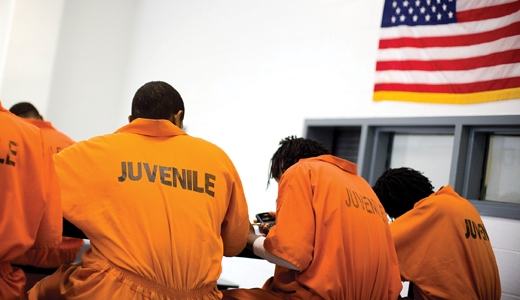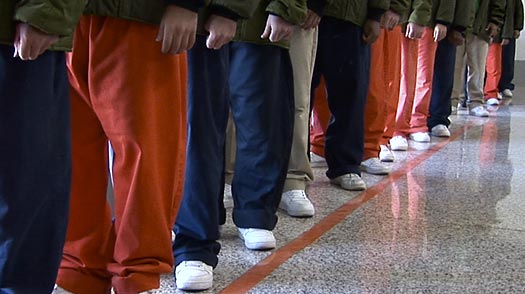Juvenile Justice
A juvenile court (or young offender's court) is a tribunal having special authority to try and pass judgments for crimes committed by children or adolescents who have not attained the age of majority. In most modern legal systems, crimes committed by children and minors are treated differently to the same crimes committed by adults.Severe offenses, such as murder and gang-related acts, in 44 states of the USA are treated the same as crimes committed by adults. It was reported in 2007 that "Beginning around 35 years ago, increases in violent juvenile crime permitted judges to transfer juveniles to adult-criminal courts. No national data exist on the number of juvenile offenders prosecuted as adults."[1] "The main difference between a juvenile court and an adult court in England is that the juvenile court has a much wider jurisdiction in terms of the offenses it can try. It can deal with a juvenile for any offense except homicide, although it is not bound to deal with a young person for a serious offense such as robbery or rape; on suchacharge he can be committed to the Crown Court for trial in the same manner as an adult







No comments:
Post a Comment